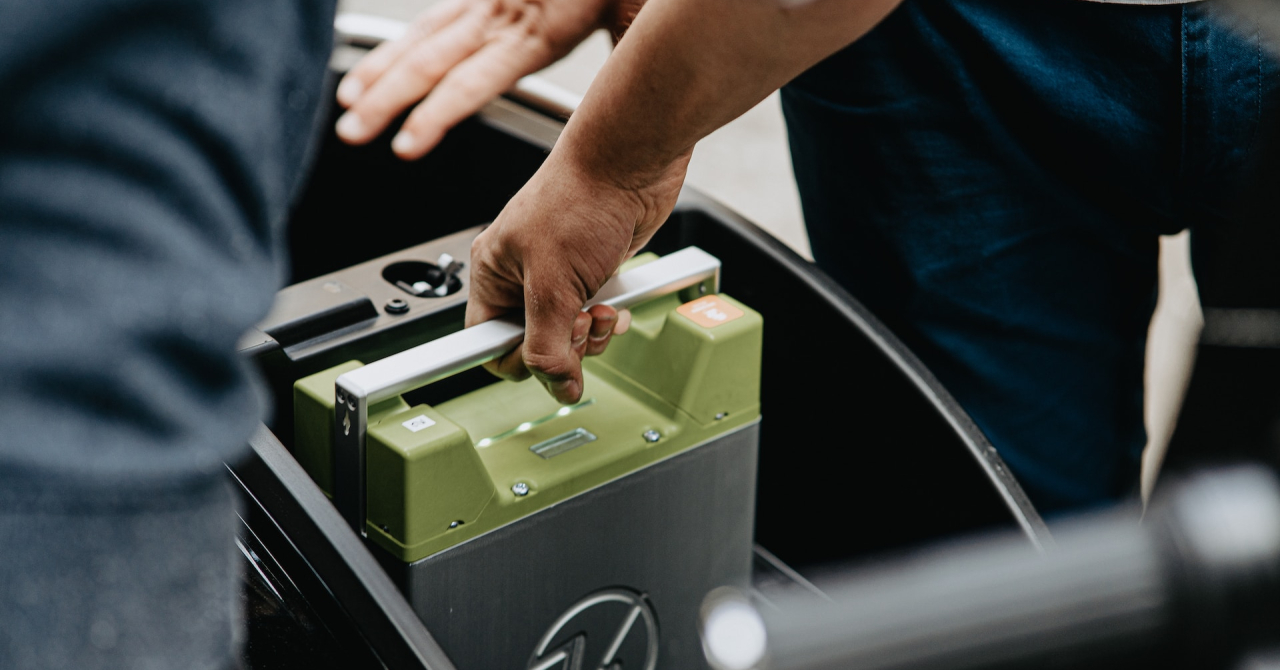Nikkei Asia reports that solid state batteries could reach commercial levels for Toyota vehicles in 2027 or 2028. Engineers at the Japanese carmaker might have found a solution to overcome one of the biggest challenges with solid-state batteries, which was the overall lifespan of cells.
Chief Technology Officer Hiroki Nakajima said that "we found quality material. We'll keep up with the rest of the world and definitely put it to practical use."
Solid-state batteries in electric vehicles come with their own advantages, such as the fact that the vehicle could be charged significantly faster and have longer range. Thus, in some cases, a 10 minute charge could allow for as many as 1.200 kilometers driven, which is almost 2.5 times more than lithium-ion batteries can offer.
Still, current solid-state batteries can only achieve a few hundred charging cycles before becoming unusable, compared to the thousands of cycles that lithium-ion cells are able to achieve.
With over 1.000 patents in battery tech, Toyota engineers want to change this and are looking forward to bringing this technology to hybrid vehicles, as well as fully electric cars. The plan would be to, eventually, develop a battery car system which would be capable of charging in 10 minutes and offer 1.500 kilometers of range from that same charging session.
Price of production is another issue that carmakers must overcome when it comes to popularizing solid-state batteries, as these have a manufacturing cost four to 25 times higher than that of lithium-ion cells. Of course, this is bound to change with time, but in the beginning "it's very likely that they'll be installed for a limited range of models, such as luxury vehicles."
Toyota engineers are also working to get more out of the traditional cells that we currently use in our electric cars, which is why the manufacturer wants to release a next-generation of EVs by 2026. These could have a potential range of up to 1.000 kilometers in a 20 minute charging session.
 Mihai - Cristian Ioniță
Mihai - Cristian Ioniță












Any thoughts?